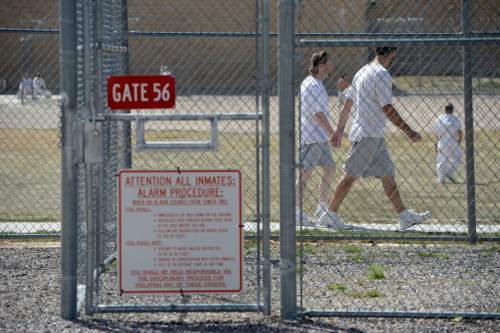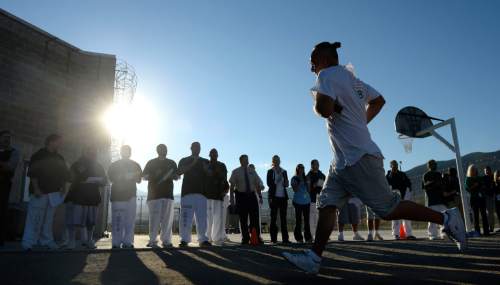This is an archived article that was published on sltrib.com in 2015, and information in the article may be outdated. It is provided only for personal research purposes and may not be reprinted.
The state can do a better job of making sure registered sex offenders don't have unsupervised access to children, according to an audit released Wednesday.
The Office of the Utah State Auditor's report analyzed sex offenders' access to "vulnerable populations," such as children.
The audit found that the state agency that issues licenses to child care and foster providers don't regularly and independently verify whether sex offenders live in homes approved for such care. The audit turned up two sex offenders living in such homes.
In the first case, the offender had been convicted of lewdness with a child, but the provider didn't tell the licensing office that the offender was living in the home. The office, after learning this, revoked her eligibility for subsidized care.
In the other case, a man had been convicted of felony-level sexual abuse in Texas, but the conviction was dismissed when he finished his prison sentence. He was still required to register in Utah when he moved here, though the licensing office cleared him to live in the home.
The audit revealed ambiguity in state policy about how to handle a situation like his, and recommended the licensing office come up with clearer policies about how to handle overturned or "set aside" convictions.
The audit also found that it was unclear whether at least 12 offenders, who were living in the same apartment buildings as licensed child care providers, had unsupervised access to the children. State licensing policy requires inspections that "demonstrate restrictions preventing unsupervised access to the child care facility," according to the report. "However, such documentation does not always exist."
In one example, a house was divided into five apartments, and offenders who had committed sex offenses against children were living in four of the units. Though each apartment had a separate entrance, case file documentation was unclear about whether interior doors would give offenders access to other apartments.
The audit recommends the licensing office do more to document that, among other steps to make sure offenders don't have unsupervised access to children, or other vulnerable people.
In its response to the audit, the health department — which oversees the licensing office — assured that it has improved its background screenings and licensing verification process. For instance, the licensing office "will take necessary steps including asking the provider to verify that [offenders in the immediate area] do not have access to children in care."
On the positive side, the audit also found that none of the sampled education agencies employed sex offenders, nor did the Utah State Developmental Center or the Utah State Hospital.
Twitter: @MikeyPanda





